On 10th September, in Washington City, convened the symposium on development and barrier to the remedy of war consequences in South East Asia. The symposium saw the participation of Vietnam’s Ambassador to the US Ha Kim Ngoc and representatives of US Non-governmental Organisations (NGOs) which are sponsoring SEA countries, including Vietnam in remedying war consequences, including unexploded ordnance (UXO) and Agent Orange/Dioxin (AO).
 |
| Nạn nhân chất độc da cam ở Việt Nam |
The conference was about how to remedy the war consequences in Laos, Cambodia, and Vietnam, as well as the difficulties and barriers in implementing the projects and the participation of the US in the projects. Speakers and representatives of the US NGOs also shared their experience and the results gained, and discussed the orientations for the next projects.
Addressing the conference, Vietnam’s Ambassador to the US Ha Kim Ngoc appreciated the US support for remedying war consequences in Vietnam.
“At present, the US is implementing their Indo-Pacific strategy and paying much attention to strategic, economic and security cooperation aspects… I believe that one important issue in the US – Vietnam cooperation is remedying war consequences, and this will still be a very important one in the coming time. In my opinion, the two sides have worked very effectively in the fields of searching soldiers missing in action, clearing UXO, cleaning up dioxin contamination. There are still a huge amount of work to do and we hope that the US government, Congress, NGOs, and civilian people will further this cooperation to address this issue” – said Ambassador Ngoc.
Mr. Chuck Searcy, representative of the US Veterans for Peace, who has many years participated in the projects on UXO clearance and supporting victims of UXO and AO has expressed his satisfaction at the fact that war consequences remedy in Vietnam has achieved much progress for the past time. However, there is still a lot to do. US government will continue their support for Vietnam in the next 5 to 7 years, so we don’t have much time and should grasp this opportunity.
“We should soon kick off the projects to make Vietnam safer. The projects which have been started in Quang Tri should now be multiplied in Vietnam. AO/dioxin is a more complicated issue but also has seen progress. The two governments of US and Vietnam and international communities should continue the open and straightforward dialogue mechanism to discuss the most workable measures for remedying war consequences”, said Mr. Chuck Searcy.
For the past many years, the projects initiated by the US NGOs have helped clearing UXO, restoring the environment and improving the life of Vietnamese people. Ms. Patricia Sheikh, Vice President of the Roots of Peace, one of the most proactive NGOs supporting Vietnamese people in the bomb and mine contaminated areas said: “We have been active in 4 provinces of Vietnam, particularly Quang Tri. After removing UXO, we help people restore agricultural production and export their farm products to the U.S. Their products sold well in US market. This helped raising the US citizens’ awareness of the war consequences in Vietnam and we can raise more money for projects in Vietnam”.
Recently, the US Congress has, for the first time, approved a defence budget of not more than USD 15 million being spent for dioxin detoxification in Bien Hoa airbase.





_thumb_720.jpg)

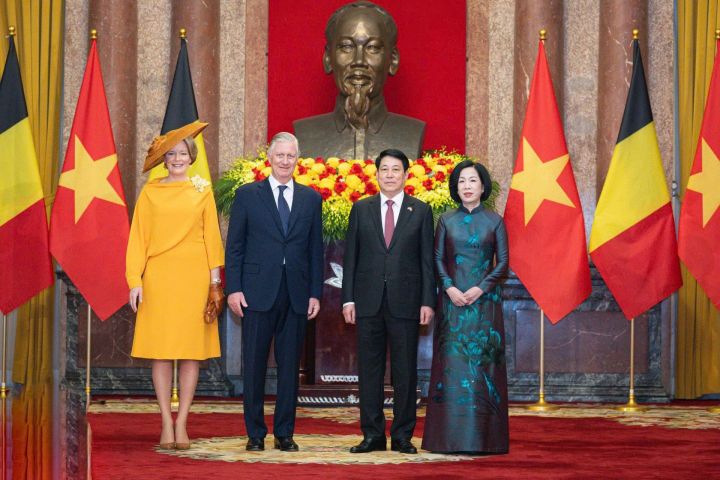
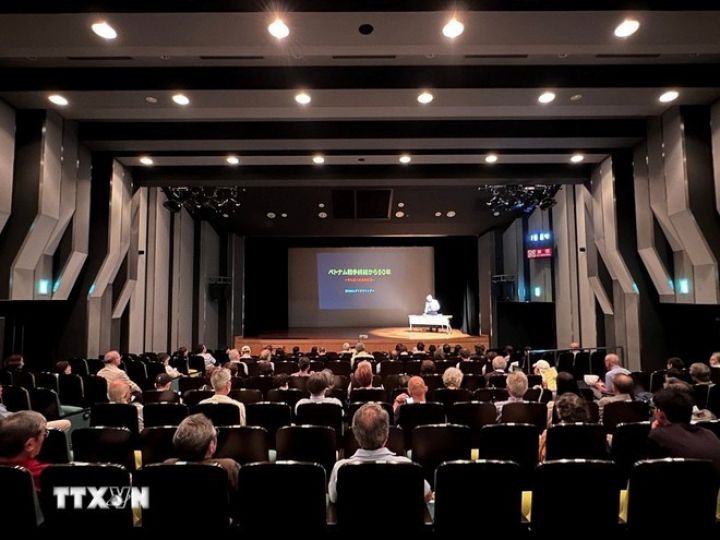

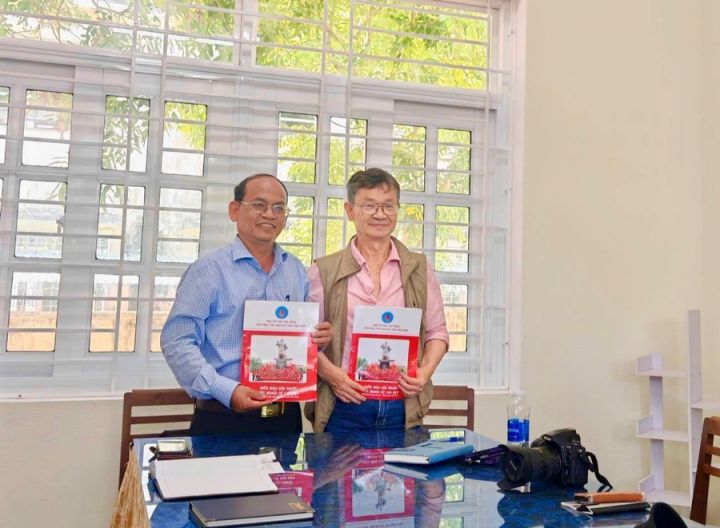
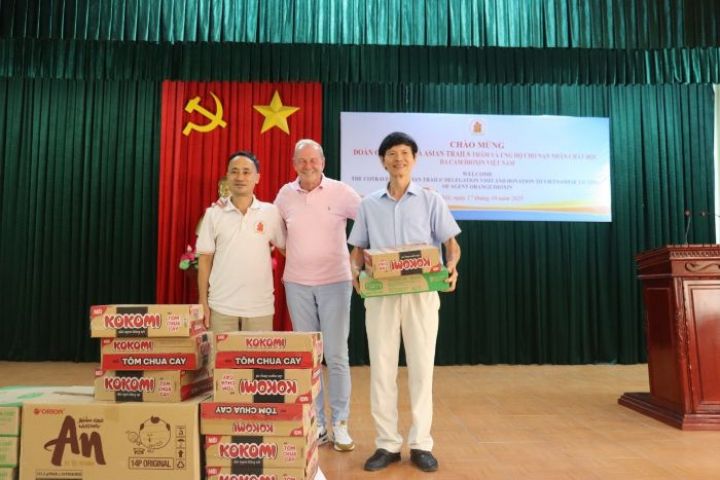
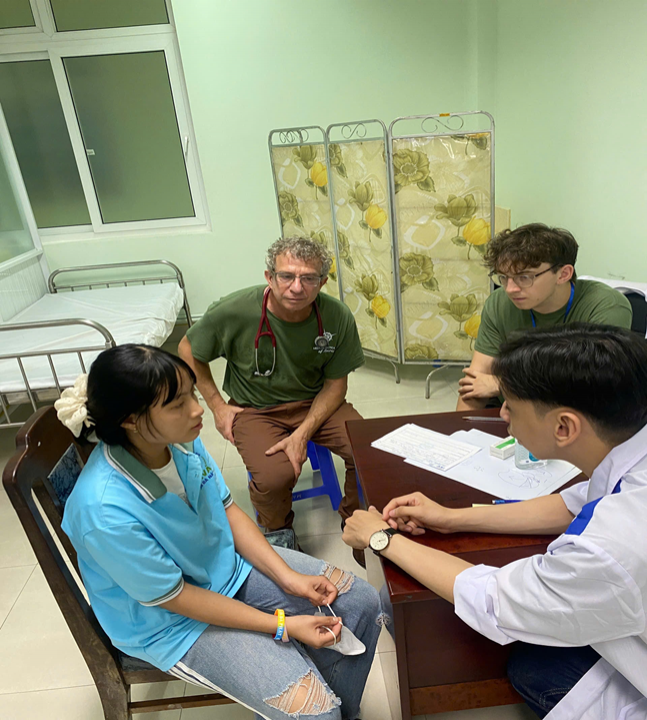











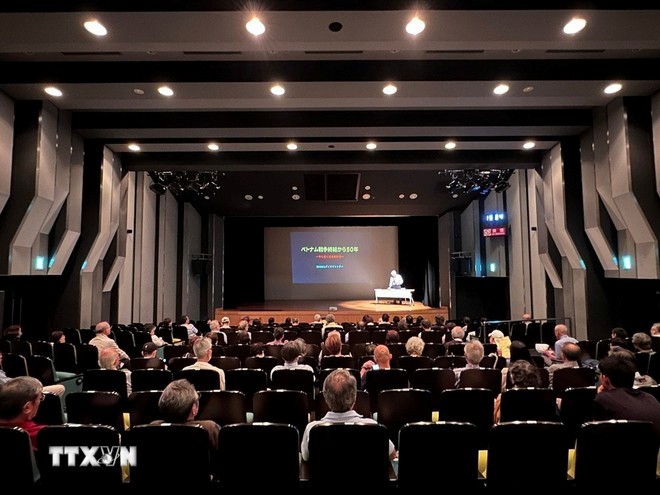
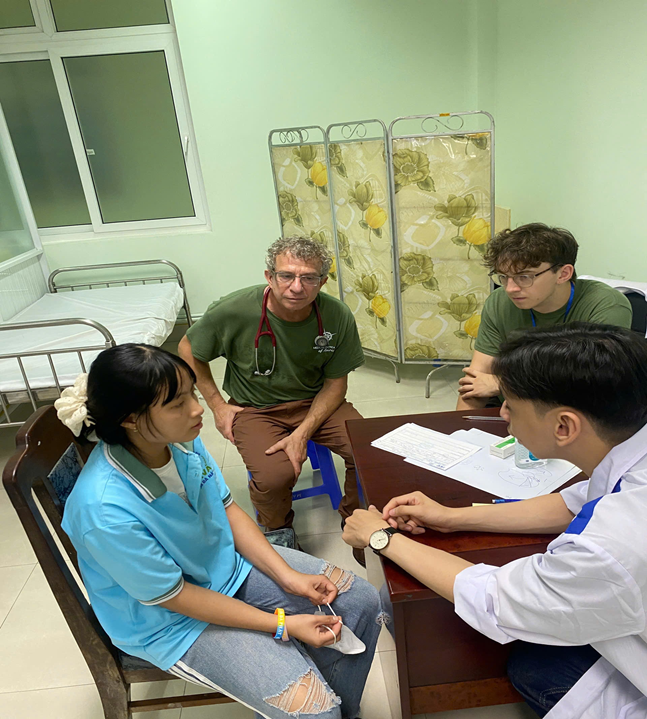
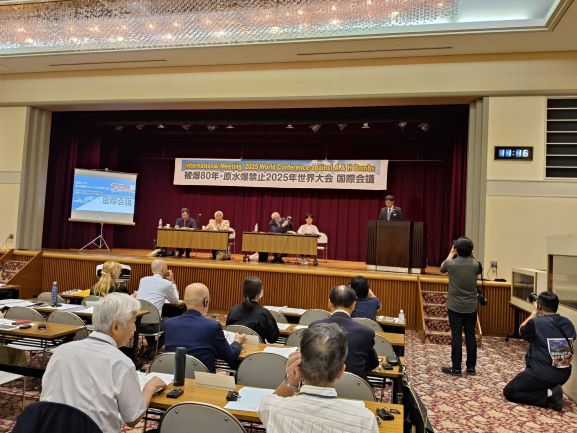
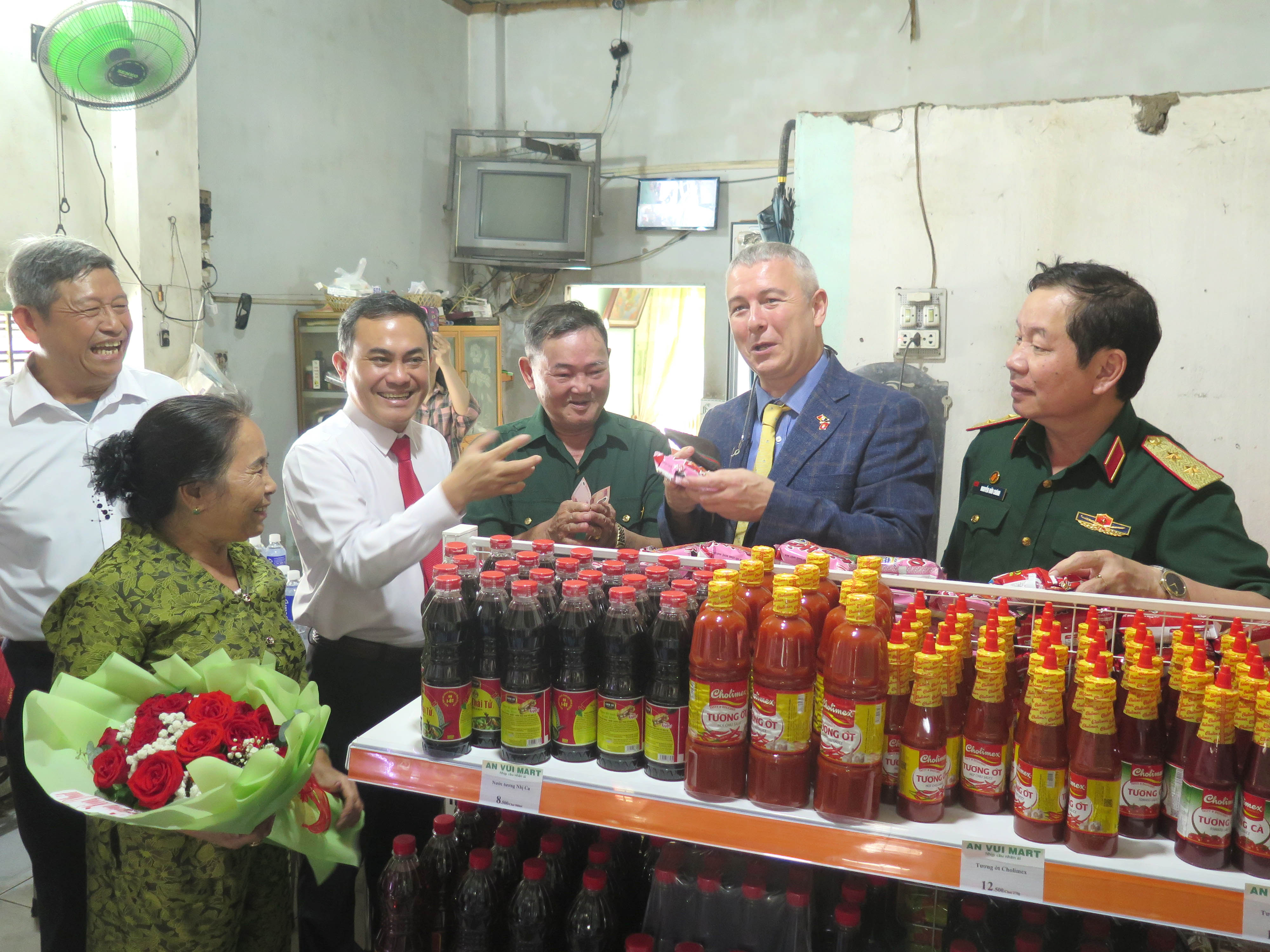
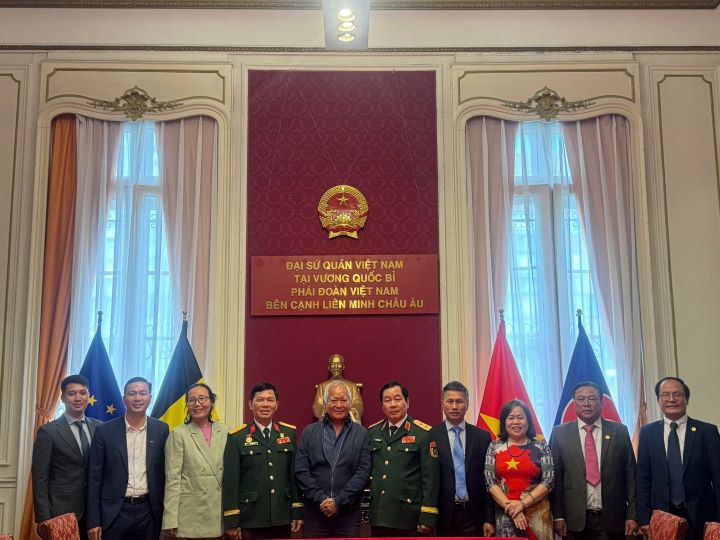
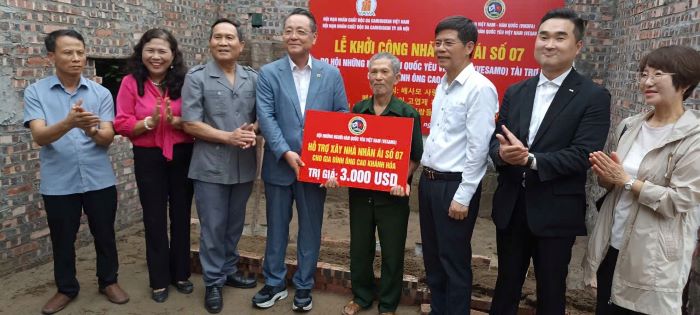


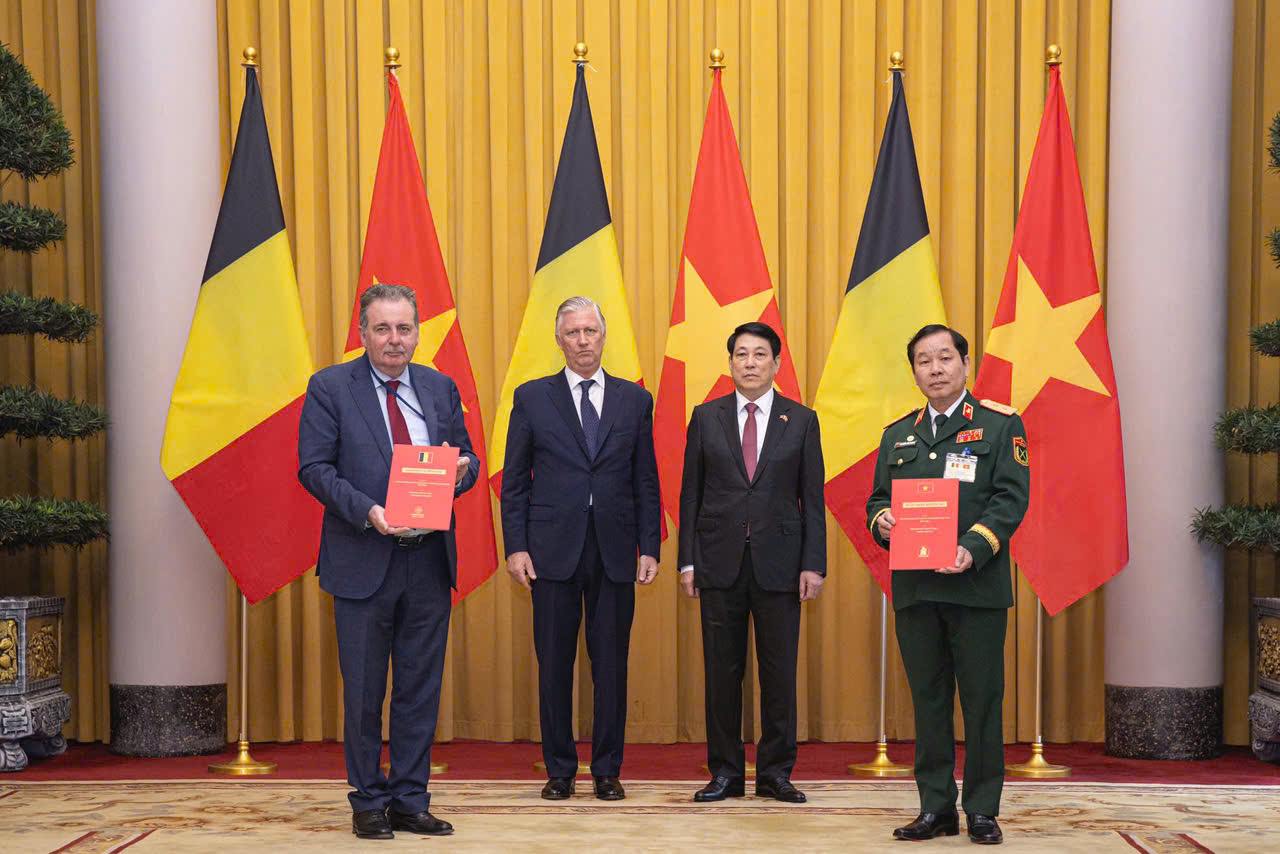

Comment